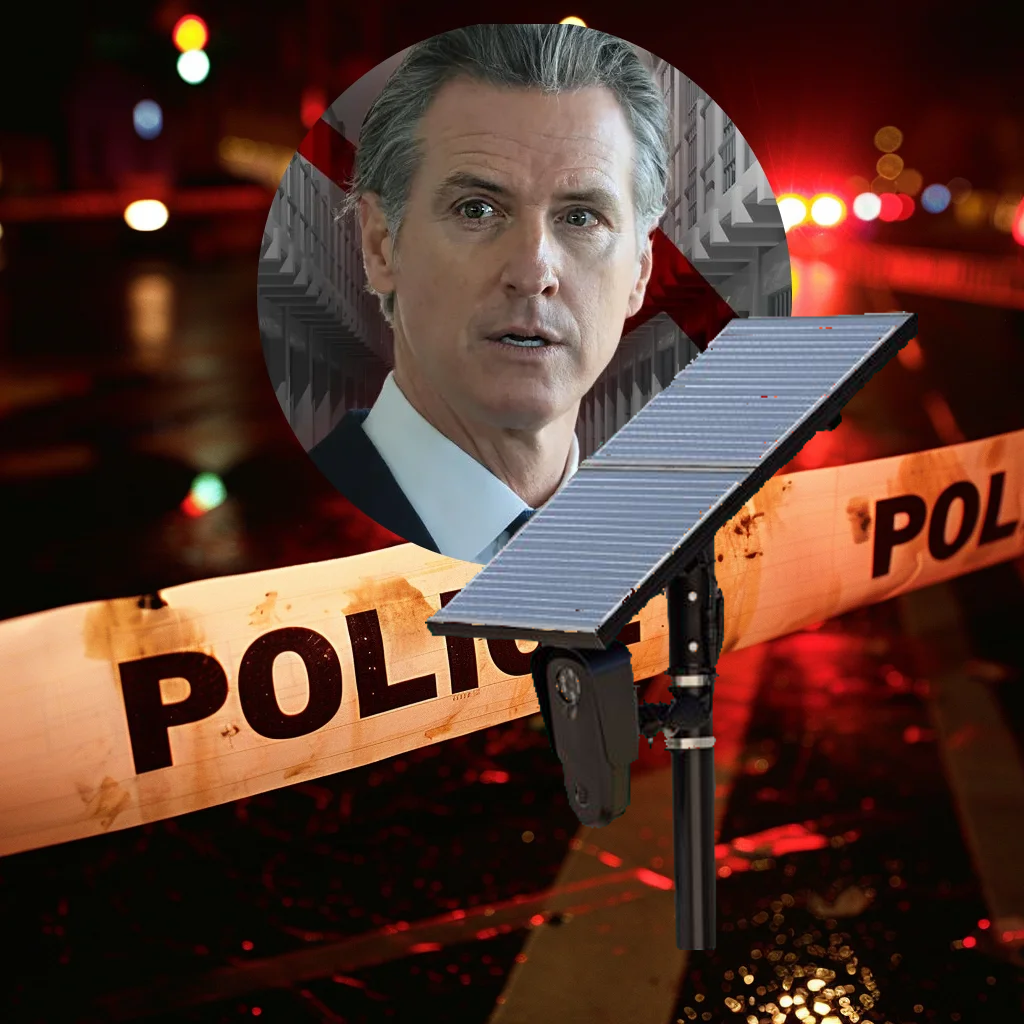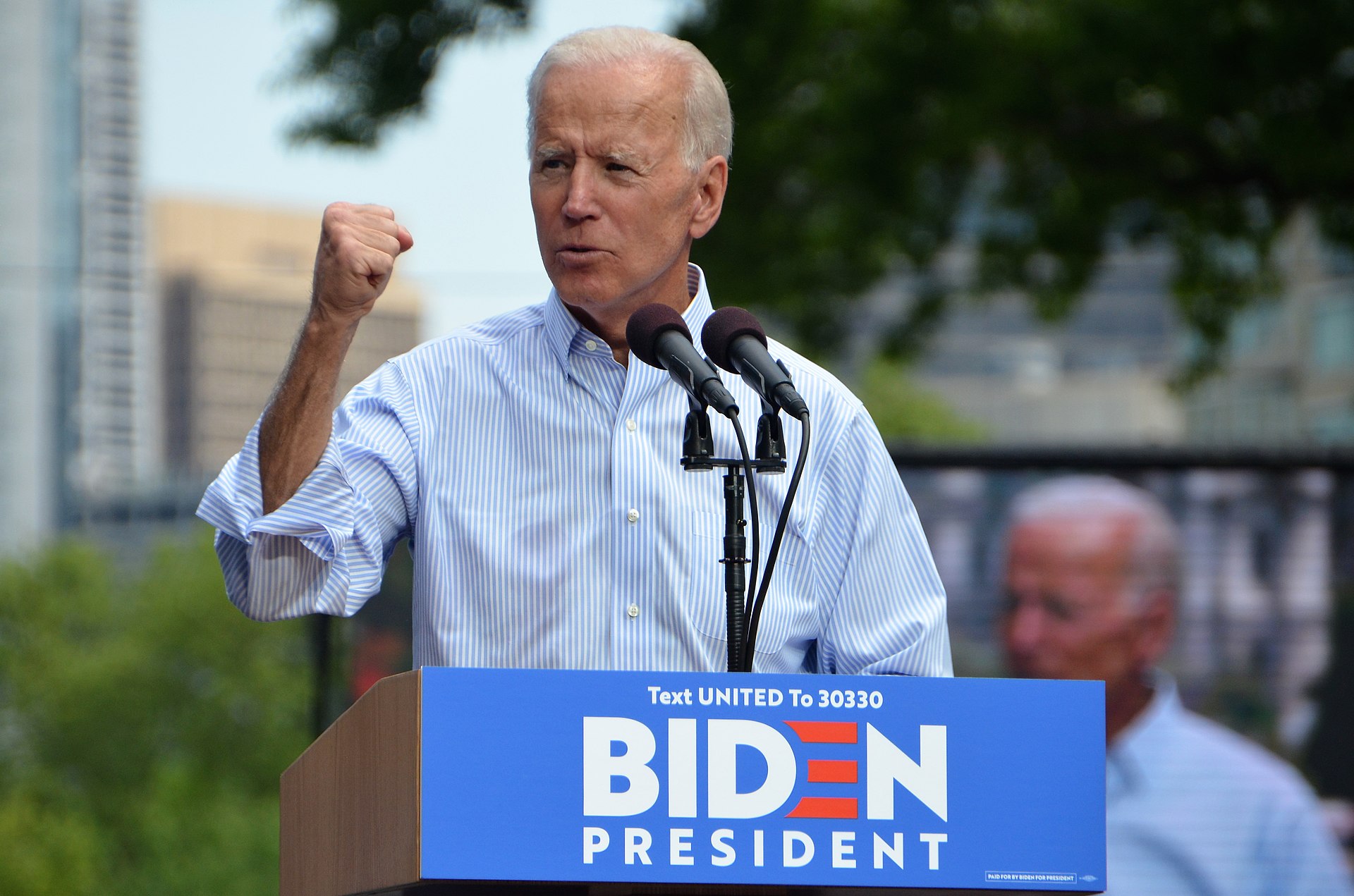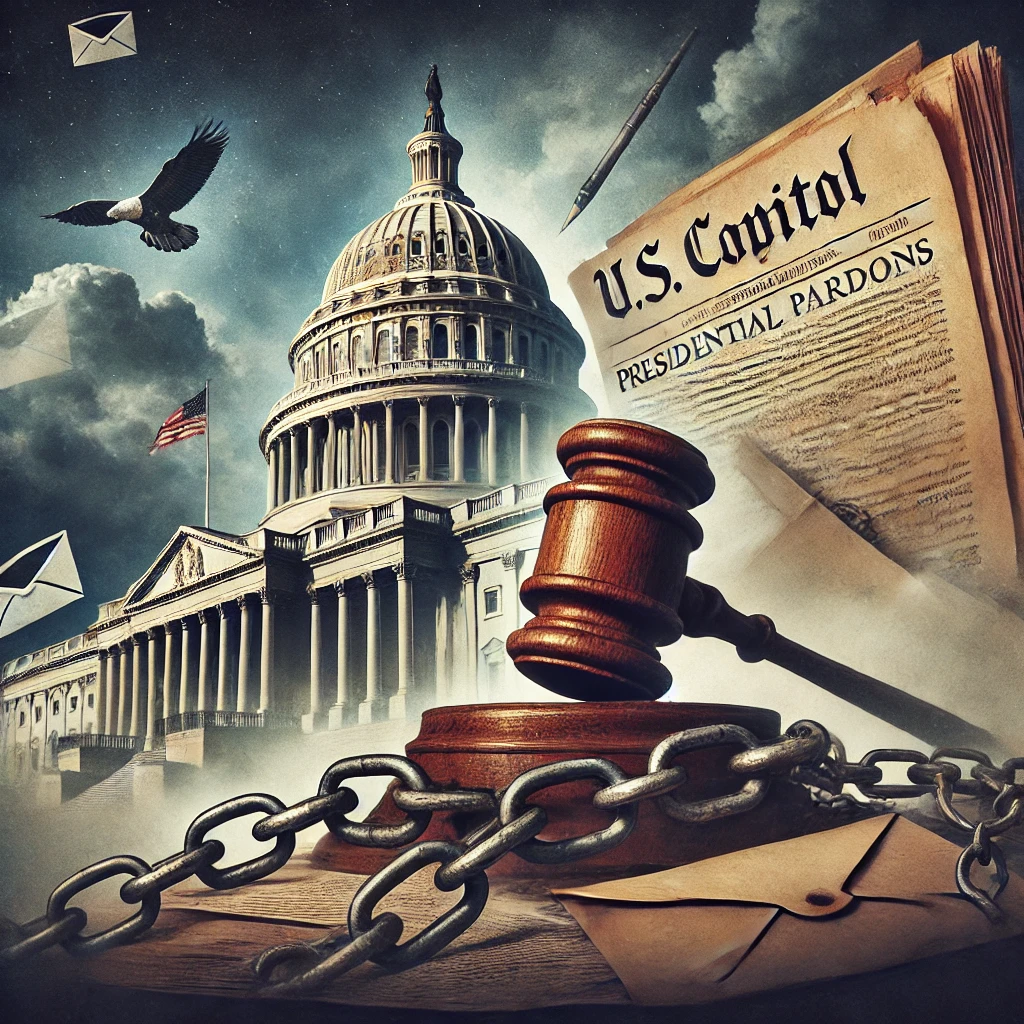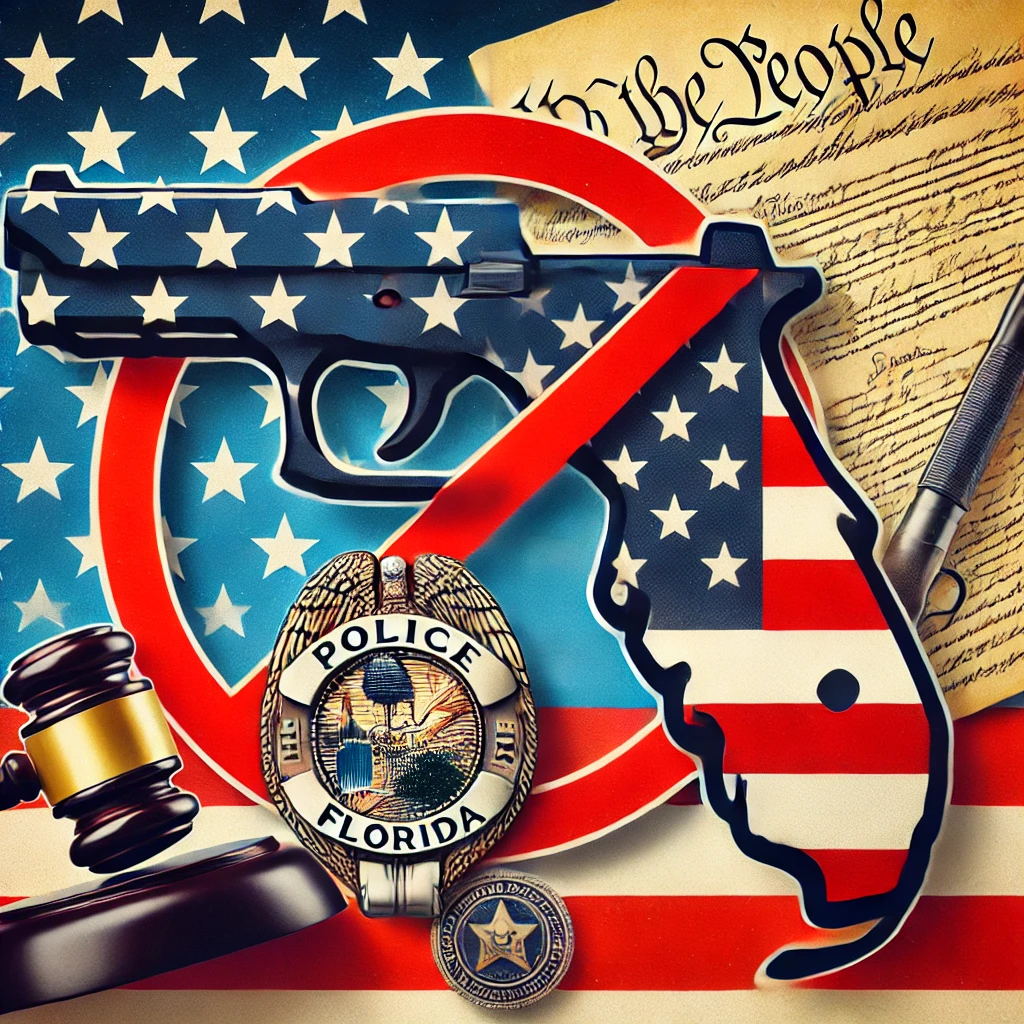Governor Gavin Newsom has signed AB 1960, a critical piece of legislation designed to address the growing issue of large-scale theft in California. Authored by Assembly Speaker Robert Rivas, the bill introduces enhanced sentencing for individuals involved in high-value property thefts, including those who knowingly traffic or resell stolen goods. The bill is part of a broader effort by Newsom’s administration to strengthen California’s existing laws and provide law enforcement and prosecutors with more effective tools to combat organized retail crime.

The new law mandates stricter penalties for felony property thefts involving damages or stolen goods valued at over $50,000. These enhanced sentences aim to target organized “smash-and-grab” operations, which have become increasingly common across the state. AB 1960 applies not only to the thieves themselves but also to those who knowingly purchase or sell stolen property, ensuring that all participants in these criminal enterprises face serious consequences.

Governor Newsom emphasized that California already had some of the strongest retail crime laws in the nation, and AB 1960 further bolsters those protections. “We can be tough on crime while also being smart on crime,” Newsom said. He added that mass incarceration has proven ineffective in the past, and this new approach prioritizes accountability and targeted strategies to combat organized retail crime while avoiding the pitfalls of outdated policies.

The bill also introduces several key provisions designed to address the specific tactics used in organized theft. One such provision allows prosecutors to aggregate the value of stolen goods across multiple victims and counties to meet the felony grand theft threshold. This change ensures that large-scale operations involving multiple thefts are prosecuted more effectively, even when individual thefts fall below the felony threshold.

Additionally, AB 1960 specifically targets “smash-and-grab” crimes, which often involve groups of individuals breaking into stores and causing significant damage while stealing high-value merchandise. The bill creates new penalties for property damage incurred during these thefts, further deterring organized gangs from engaging in such activities. These crimes have become a major concern for business owners, who have been calling for stronger protections.
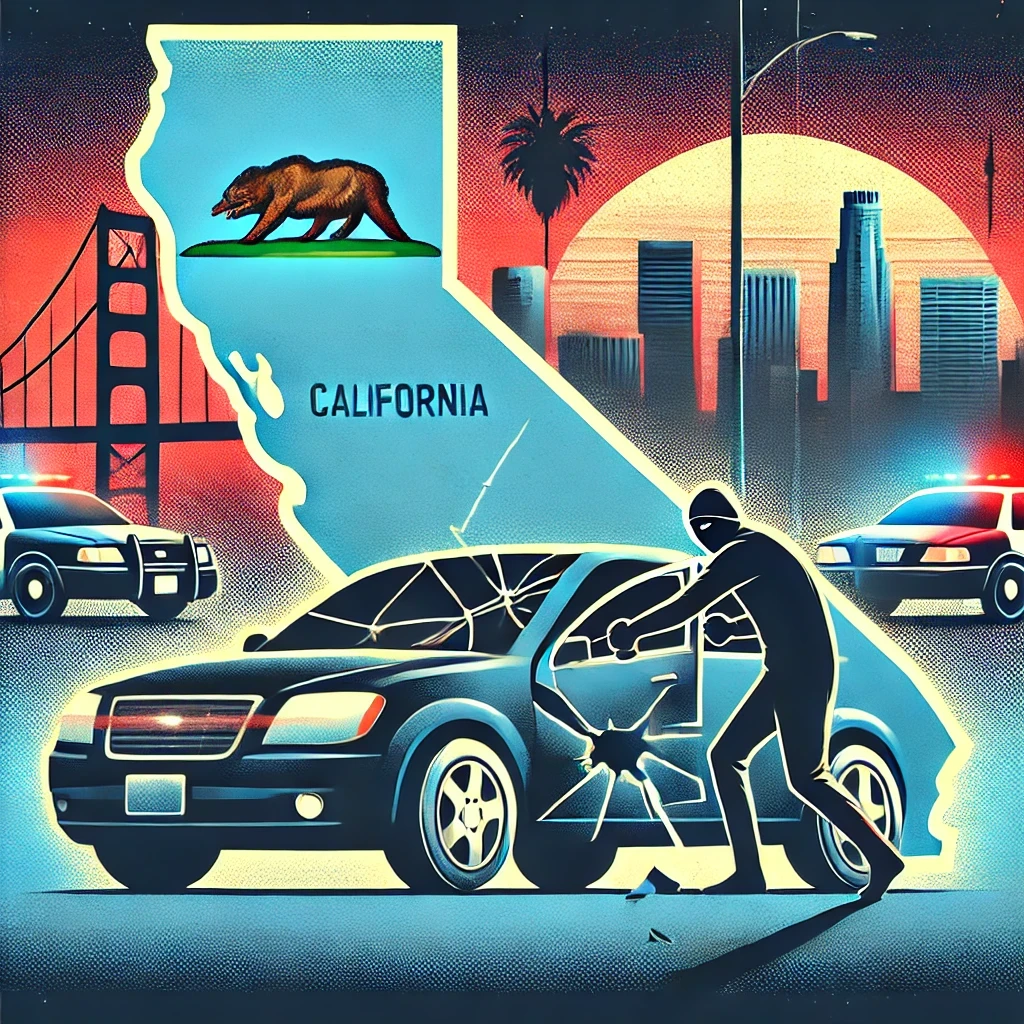
The law also addresses theft from vehicles, a growing issue in many urban areas. Under the new provisions, increased penalties will apply to individuals caught stealing items from cars, regardless of whether the vehicle was locked. This change reflects the state’s broader focus on combating property crime and ensuring that offenders face appropriate consequences for their actions.

In addition to targeting theft, AB 1960 strengthens enforcement capabilities by empowering law enforcement to make arrests for retail theft even if the crime was not witnessed in progress. This bolstered authority ensures that police can take swift action against suspects and prevent further criminal activity, especially in cases involving organized crime networks.
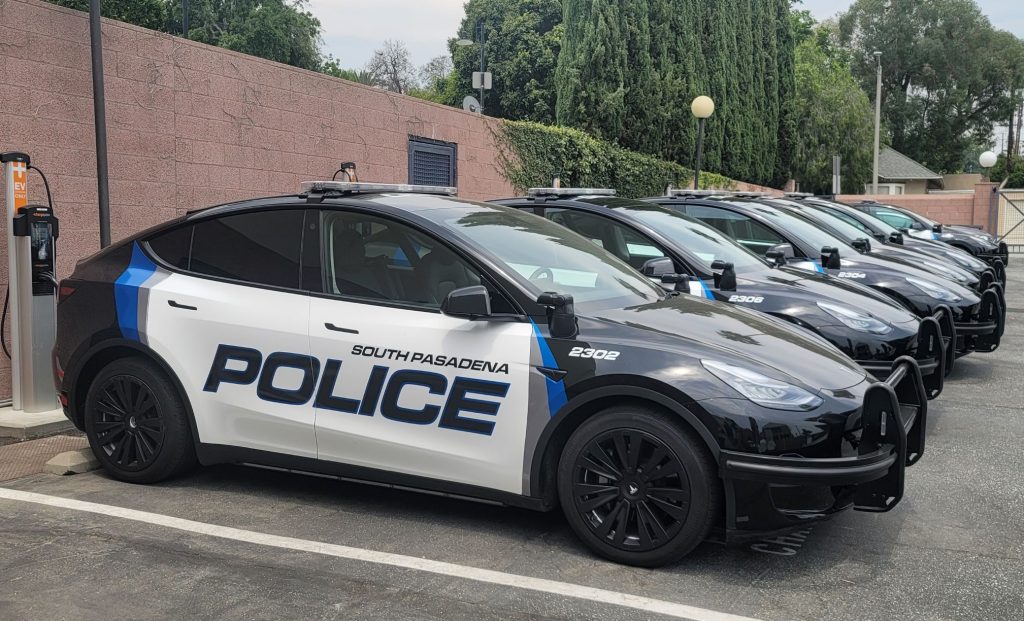
Since 2019, Governor Newsom has invested over $1.1 billion to support local law enforcement and improve public safety across the state. This includes a $267 million grant program aimed at combating organized retail crime, which has already led to more than 6,900 arrests in just the first six months of the latest grant cycle. These grants have allowed cities and counties to hire more police officers and secure felony charges against offenders.
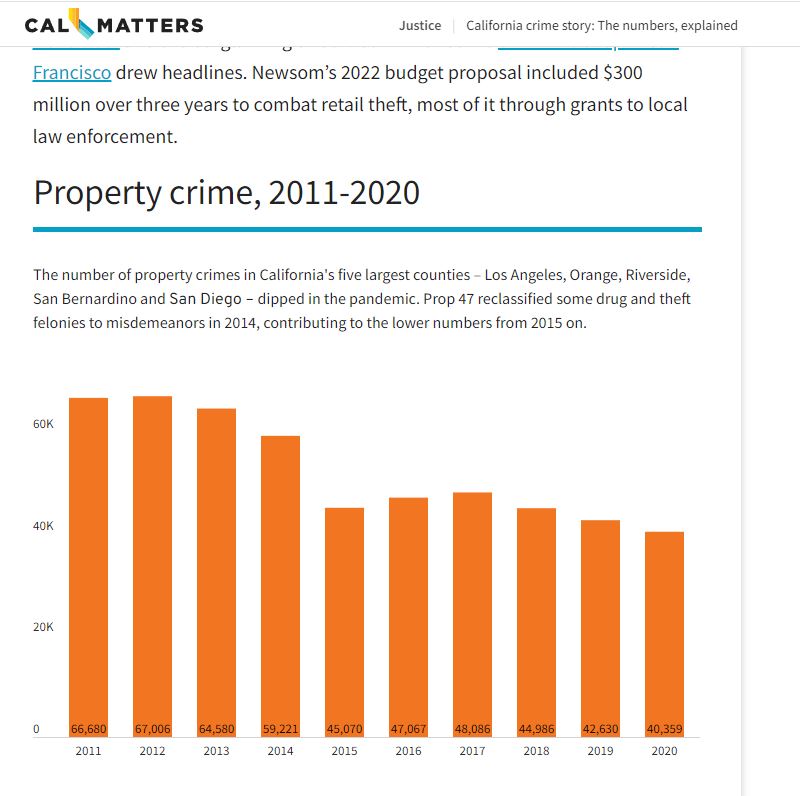
California’s retail industry has strongly supported AB 1960. Rachel Michelin, President and CEO of the California Retailers Association, praised the bill for sending a clear message that criminal behavior will not be tolerated. She highlighted the importance of protecting businesses, consumers, and communities from the adverse effects of large-scale retail theft. Local law enforcement leaders also voiced their support for the new law, viewing it as a crucial step toward enhancing public safety.

With these new measures in place, California is taking a proactive stance against organized retail crime. The state’s efforts have already yielded significant results, with a 310% increase in proactive law enforcement operations targeting retail theft last year. Governor Newsom’s administration continues to prioritize public safety, and AB 1960 represents a key component of his broader strategy to strengthen law enforcement, protect communities, and ensure that criminals face real consequences for their actions.

